Home>Gardening & Outdoor>Landscaping Ideas>How Often To Fertilize Bermuda Grass
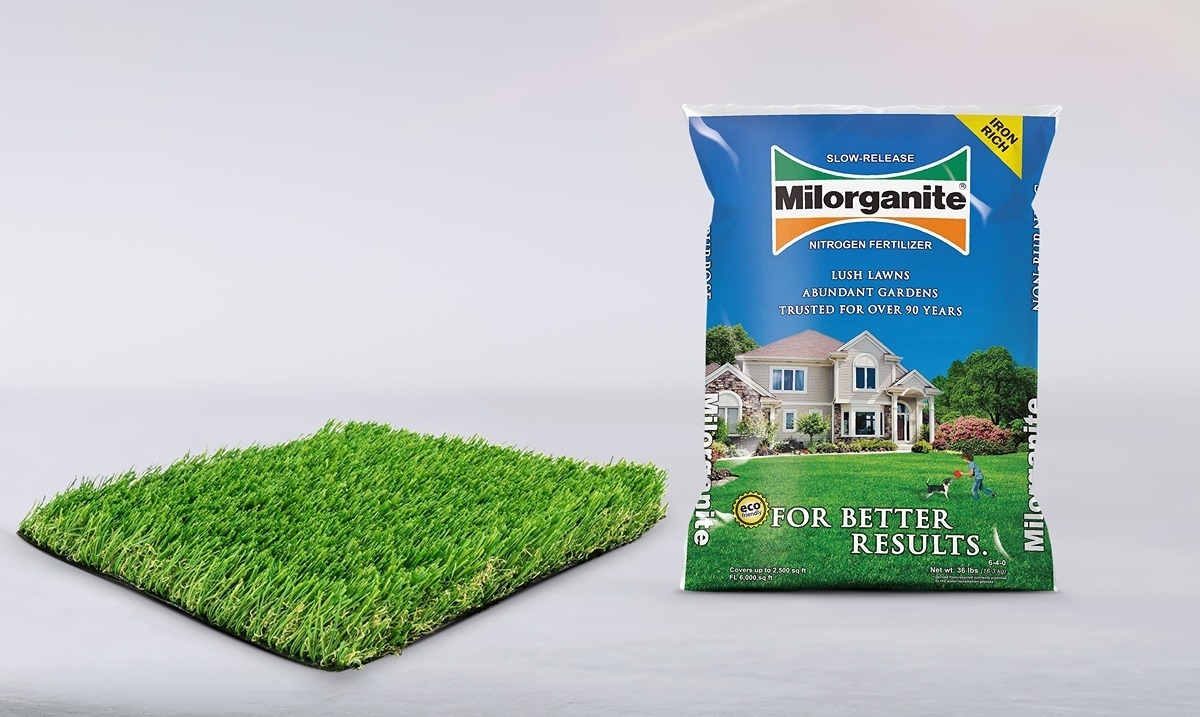

Landscaping Ideas
How Often To Fertilize Bermuda Grass
Modified: February 17, 2024
Discover the best fertilization schedule for Bermuda grass in your landscaping. Learn how to keep your lawn healthy and vibrant with our expert tips and ideas.
(Many of the links in this article redirect to a specific reviewed product. Your purchase of these products through affiliate links helps to generate commission for Storables.com, at no extra cost. Learn more)
Introduction
When it comes to maintaining a lush and vibrant lawn, proper fertilization is key. For homeowners and landscaping enthusiasts, nurturing Bermuda grass to its full potential involves a deep understanding of its unique needs, including the frequency of fertilization. In this comprehensive guide, we will explore the intricacies of fertilizing Bermuda grass, shedding light on the factors that influence fertilization frequency and offering best practices to ensure your lawn remains healthy and resilient. Whether you're a seasoned gardener or a novice looking to elevate your lawn care routine, this article will equip you with the knowledge needed to cultivate a thriving Bermuda grass lawn. So, let's dive into the fascinating world of Bermuda grass fertilization and discover the secrets to a verdant and inviting outdoor space.
Key Takeaways:
- Fertilize Bermuda grass based on climate, soil, and maintenance, adjusting frequency to support its growth and health in different seasons and conditions.
- Use slow-release fertilizers, consider soil testing, and follow best practices to ensure Bermuda grass receives the right nutrients for lush, resilient growth.
Read more: How Often To Cut Bermuda Grass
Understanding Bermuda Grass
Bermuda grass, scientifically known as Cynodon dactylon, is a warm-season grass prized for its exceptional durability and resilience in various climates. This grass variety thrives in full sun and exhibits remarkable tolerance to foot traffic, making it a popular choice for lawns, sports fields, and golf courses. Its fine texture and vibrant green hue add to its allure, creating a visually appealing landscape when properly cared for.
One of the defining characteristics of Bermuda grass is its rapid growth rate, which contributes to its robust nature. This grass spreads vigorously through both aboveground stolons and belowground rhizomes, enabling it to quickly fill in bare patches and recover from environmental stressors. Additionally, Bermuda grass boasts excellent drought tolerance, allowing it to endure dry spells and maintain its verdant appearance with minimal water consumption.
As a warm-season grass, Bermuda grass enters dormancy during the cooler months, displaying a brown hue until the arrival of warmer temperatures prompts its resurgence. Understanding the growth patterns and seasonal behaviors of Bermuda grass is crucial for devising an effective fertilization strategy that aligns with its specific needs at different stages of the year.
By delving into the intricate traits and growth habits of Bermuda grass, you can gain valuable insights into the optimal approach for fertilizing this resilient turfgrass. With this foundational knowledge in place, you'll be well-equipped to tailor your fertilization efforts to the unique requirements of Bermuda grass, fostering a luxuriant lawn that serves as a testament to your dedication and expertise in lawn care.
Factors Affecting Fertilization Frequency
Several key factors influence the frequency at which Bermuda grass should be fertilized, each playing a pivotal role in sustaining the health and vibrancy of your lawn. By understanding these factors, you can make informed decisions regarding the timing and intensity of your fertilization regimen, ensuring that your Bermuda grass receives the nourishment it needs to flourish.
- Climate and Seasonal Variations: The climatic conditions in your region exert a significant influence on the fertilization schedule for Bermuda grass. Warmer climates with longer growing seasons may necessitate more frequent fertilization to support the grass’s robust growth. Conversely, cooler climates may require a more conservative approach, with fertilization concentrated during the active growth periods.
- Soil Composition and pH Levels: The composition and pH levels of the soil profoundly impact the availability of essential nutrients to Bermuda grass. Conducting a soil test can provide valuable insights into the soil’s nutrient content and pH, guiding the formulation of a targeted fertilization plan tailored to address any deficiencies or imbalances.
- Mowing and Maintenance Practices: The frequency and intensity of mowing, along with other lawn maintenance activities, can influence the nutrient requirements of Bermuda grass. Regular mowing and high levels of foot traffic may deplete the grass’s nutrient reserves, necessitating more frequent fertilization to replenish essential elements and sustain healthy growth.
- Watering Habits: Proper irrigation is crucial for the overall well-being of Bermuda grass, and it also affects the uptake of nutrients from the soil. Inadequate or excessive watering can disrupt nutrient absorption, impacting the grass’s response to fertilization. Balancing watering practices with fertilization efforts is essential for optimizing the grass’s nutrient utilization and promoting vigorous growth.
By taking into account these influential factors, you can refine your approach to fertilizing Bermuda grass, ensuring that your efforts are attuned to the specific needs of your lawn. This holistic understanding empowers you to adapt your fertilization frequency in response to environmental dynamics and the evolving requirements of your Bermuda grass, fostering a resilient and visually captivating expanse of lush greenery.
Fertilize Bermuda grass every 4-6 weeks during the growing season, typically from late spring to early fall. Use a balanced fertilizer with equal parts nitrogen, phosphorus, and potassium for best results.
Determining Fertilization Schedule
Establishing a well-defined fertilization schedule is essential for nurturing Bermuda grass to its full potential, promoting vigorous growth, and enhancing its overall resilience. By devising a strategic schedule that aligns with the grass’s seasonal demands and growth patterns, you can optimize the effectiveness of your fertilization efforts and ensure that your lawn remains healthy and visually appealing throughout the year.
When formulating a fertilization schedule for Bermuda grass, it’s crucial to consider the following key aspects:
- Seasonal Timing: Tailoring the timing of fertilizer applications to coincide with the grass’s active growth phases is pivotal for maximizing the impact of the nutrients. In regions with warm climates, Bermuda grass experiences robust growth during the spring and summer months, warranting more frequent fertilization during this period. Conversely, in cooler climates, fertilization should be concentrated during the peak growing season to support the grass’s nutritional requirements.
- Fertilizer Selection: Choosing the right type of fertilizer and understanding its nutrient composition is fundamental to crafting an effective fertilization schedule. Balanced fertilizers with a suitable ratio of nitrogen, phosphorus, and potassium are typically recommended for Bermuda grass, with specific formulations tailored to the grass’s growth stages and seasonal needs.
- Soil Testing: Conducting periodic soil tests can provide valuable insights into the nutrient levels and pH balance of the soil, guiding the adjustment of the fertilization schedule to address any deficiencies or imbalances. By integrating soil testing into your lawn care routine, you can fine-tune your fertilization schedule to deliver targeted nourishment to your Bermuda grass.
- Environmental Factors: Environmental dynamics, such as rainfall patterns, temperature fluctuations, and overall climatic conditions, can impact the grass’s nutrient uptake and utilization. Adapting the fertilization schedule in response to these factors can help optimize the grass’s response to fertilization and mitigate any potential nutrient deficiencies.
By integrating these considerations into your fertilization schedule, you can cultivate a comprehensive and tailored approach to nourishing your Bermuda grass. This strategic scheduling empowers you to synchronize your fertilization efforts with the grass’s evolving needs, fostering robust growth and a luxuriant appearance that reflects the meticulous care invested in your lawn.
Best Practices for Fertilizing Bermuda Grass
Implementing best practices for fertilizing Bermuda grass is essential for maintaining a vibrant and resilient lawn that stands as a testament to your commitment to quality lawn care. By adhering to these guidelines, you can optimize the effectiveness of your fertilization efforts and ensure that your Bermuda grass receives the necessary nutrients to thrive in various environmental conditions.
- Use Slow-Release Fertilizers: Opt for slow-release fertilizers that provide a steady and consistent supply of nutrients to Bermuda grass over an extended period. This approach promotes sustained growth and minimizes the risk of nutrient leaching, ensuring that the grass receives essential nourishment without experiencing rapid fluctuations in nutrient availability.
- Follow Recommended Application Rates: Adhere to the recommended application rates specified for Bermuda grass fertilization. Overapplication of fertilizer can lead to excessive growth, increased susceptibility to diseases, and environmental impacts, while underapplication may result in nutrient deficiencies and compromised grass health.
- Consider Microbial Inoculants: Incorporating microbial inoculants into your fertilization regimen can enhance the soil’s microbial activity, promoting nutrient cycling and improving the grass’s overall nutrient uptake. These beneficial microorganisms contribute to soil health and can bolster the resilience of Bermuda grass in the face of environmental stressors.
- Adjust Based on Growth Stage: Tailor your fertilization approach to align with the specific growth stages of Bermuda grass. During the active growing season, the grass may benefit from a higher nitrogen content to support lush foliage growth, while a balanced formulation can sustain its overall health and vitality throughout the year.
- Integrate Organic Amendments: Introducing organic amendments, such as compost or organic matter, can enrich the soil structure and bolster its capacity to retain nutrients. This holistic approach to fertilization fosters a balanced and sustainable environment for Bermuda grass, promoting long-term health and vigor.
- Monitor Environmental Conditions: Stay attuned to environmental factors, including rainfall, temperature fluctuations, and overall climate patterns, as they can influence the grass’s response to fertilization. Adjusting your fertilization schedule and approach in response to these dynamics can optimize the grass’s nutrient utilization and resilience.
By incorporating these best practices into your fertilization regimen, you can elevate the health and appearance of your Bermuda grass, cultivating a verdant and inviting lawn that serves as a testament to your expertise in lawn care. Embracing a holistic and targeted approach to fertilization empowers you to nurture Bermuda grass to its full potential, fostering enduring beauty and vitality within your outdoor landscape.
Read more: How Often To Water Bermuda Grass
Conclusion
Embarking on the journey of fertilizing Bermuda grass unveils a captivating realm of horticultural intricacies, where the interplay of environmental dynamics, seasonal nuances, and tailored care converge to shape the lush expanse of a thriving lawn. By delving into the unique characteristics of Bermuda grass and understanding the factors that influence its fertilization frequency, you gain invaluable insights into the art and science of nurturing this resilient turfgrass.
As you navigate the process of determining a fertilization schedule and implementing best practices, your role as a steward of the lawn transcends mere maintenance, evolving into a harmonious partnership with nature. Each application of fertilizer becomes a gesture of nourishment, a deliberate act of fortifying the soil and empowering Bermuda grass to flourish in the face of varying climates and environmental rhythms.
Through strategic scheduling, mindful selection of fertilizers, and an unwavering commitment to best practices, you orchestrate a symphony of growth, where the vibrant green hues of Bermuda grass harmonize with the rhythm of the seasons. Your lawn becomes a canvas of vitality, an ever-evolving tapestry of resilience and beauty that reflects the dedication and expertise woven into its care.
In the realm of Bermuda grass fertilization, the journey is as enriching as the destination, as each application becomes an opportunity to nurture, to adapt, and to celebrate the intricate dance of life unfolding beneath the sun’s gentle caress. As you embrace this journey, may your Bermuda grass flourish, embodying the enduring allure of nature’s resilience and the artistry of your nurturing touch.
So, step into this realm of Bermuda grass fertilization with reverence and curiosity, for within its embrace, you’ll discover the profound joy of cultivating a living masterpiece, where each blade of grass whispers a tale of vitality, and every application of fertilizer becomes a brushstroke in the portrait of an evergreen landscape.
Frequently Asked Questions about How Often To Fertilize Bermuda Grass
Was this page helpful?
At Storables.com, we guarantee accurate and reliable information. Our content, validated by Expert Board Contributors, is crafted following stringent Editorial Policies. We're committed to providing you with well-researched, expert-backed insights for all your informational needs.

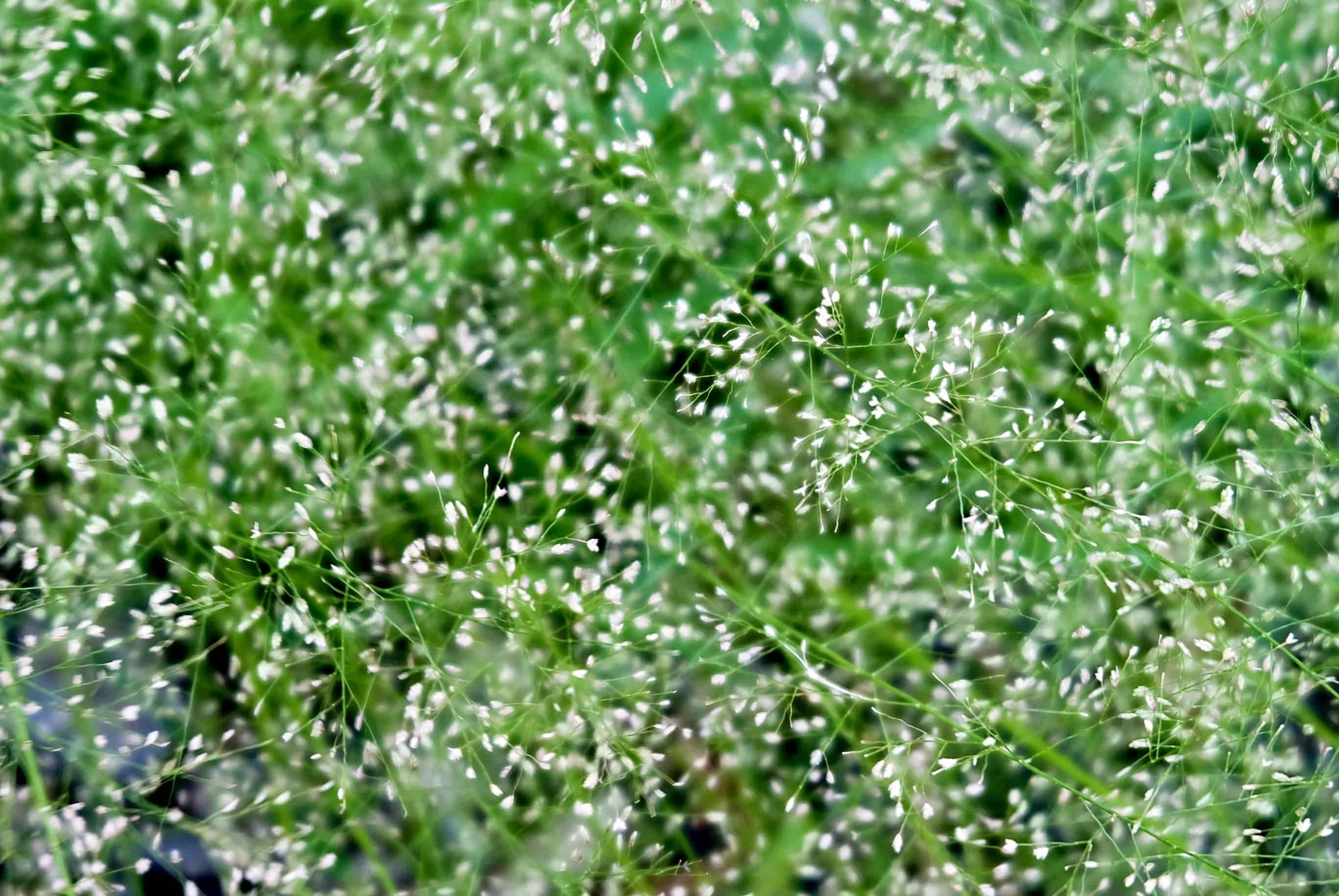
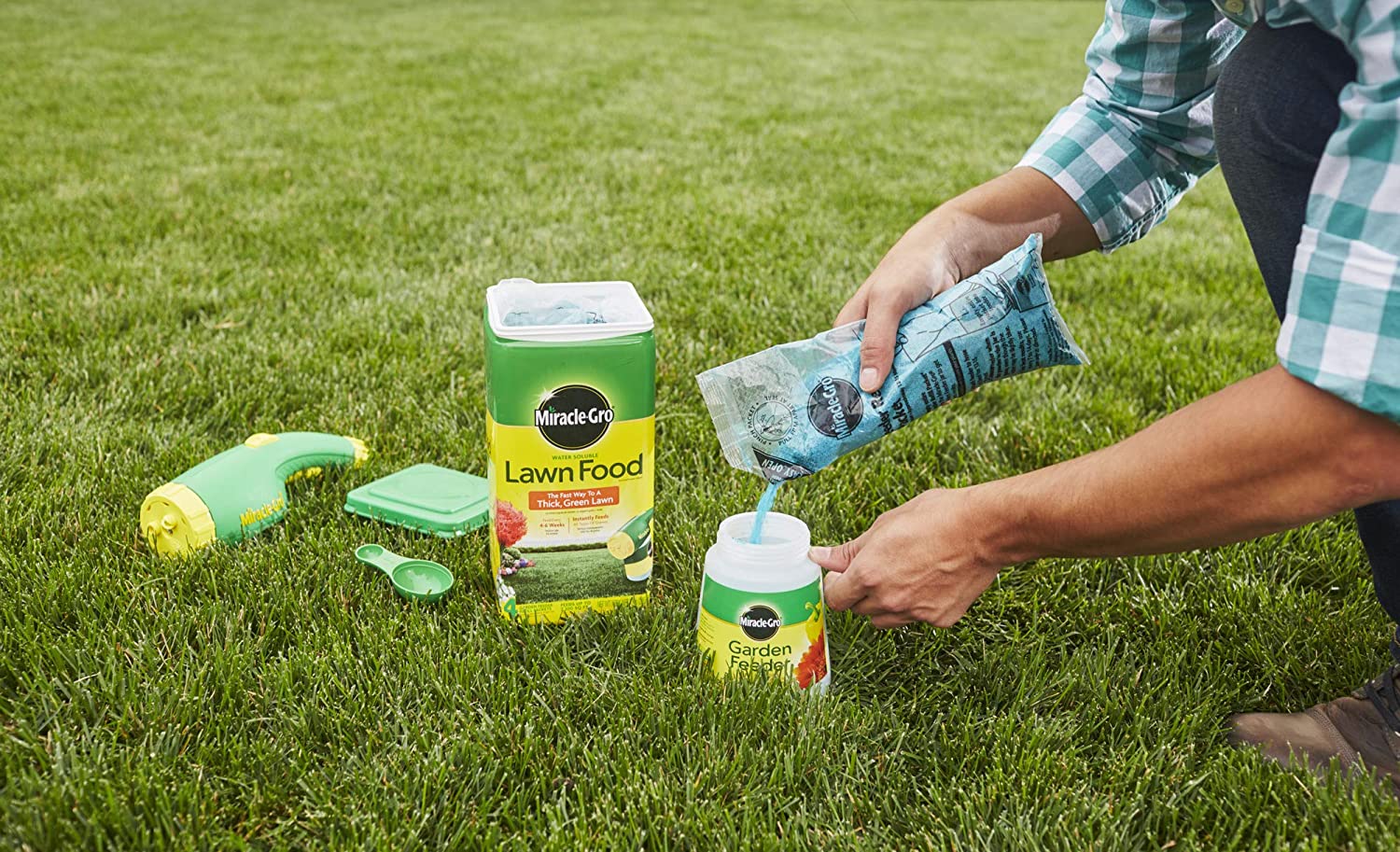
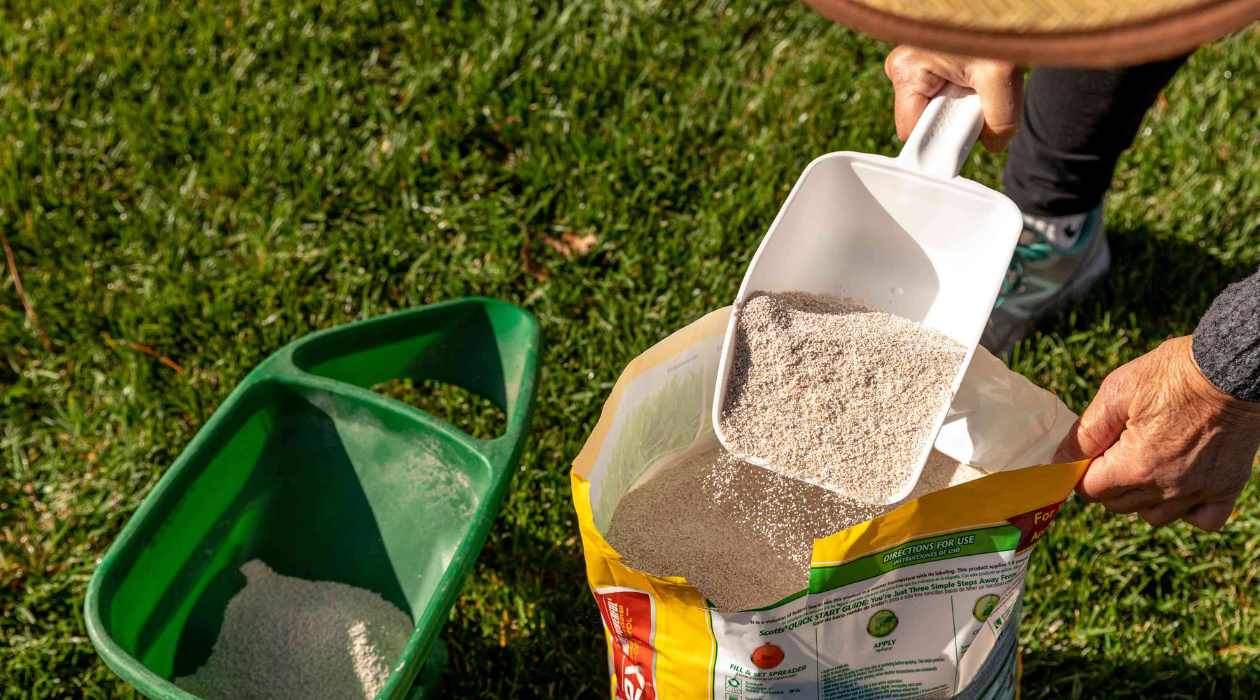

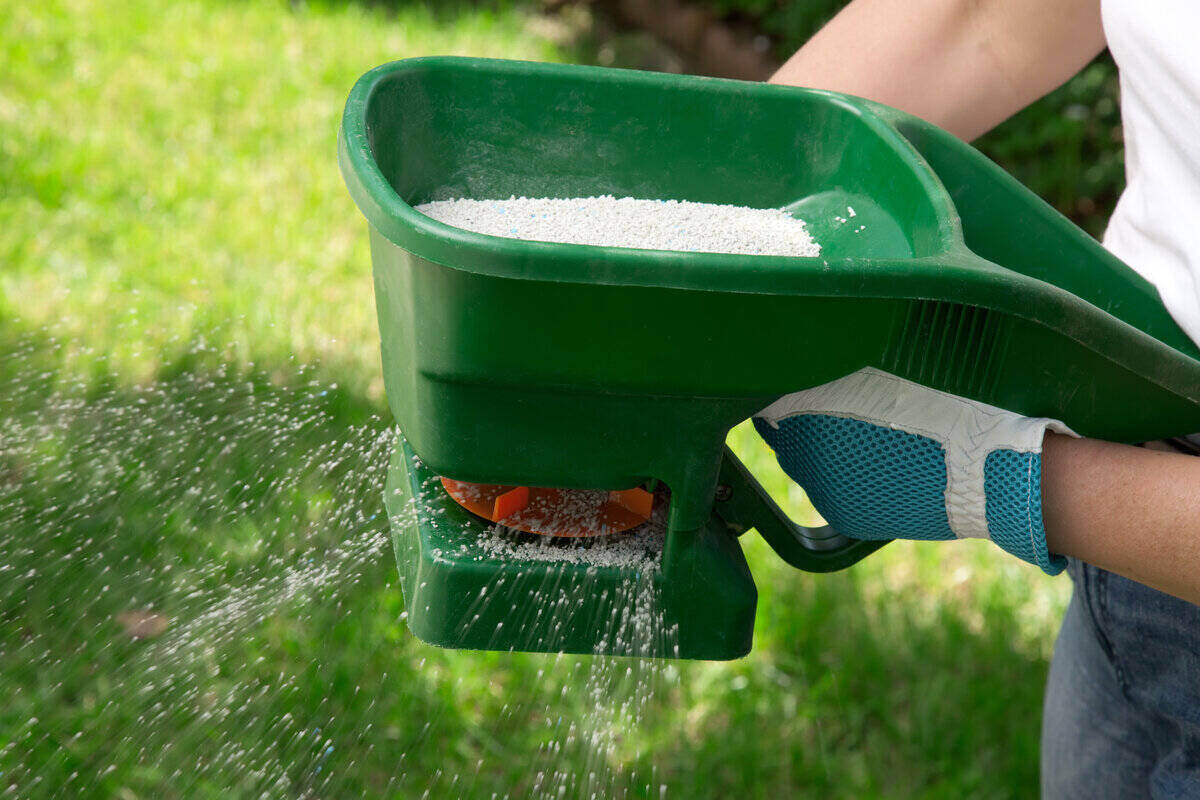
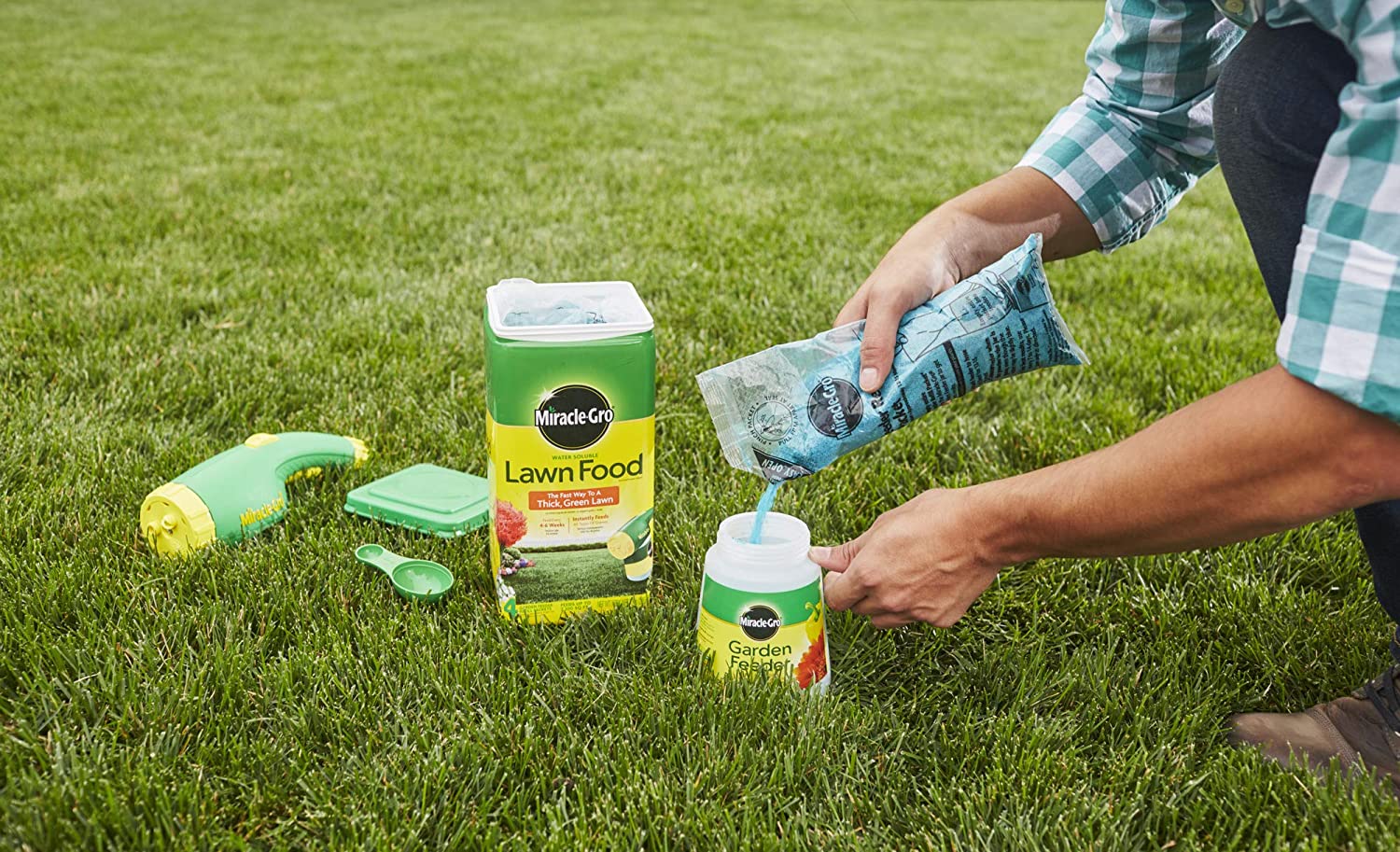

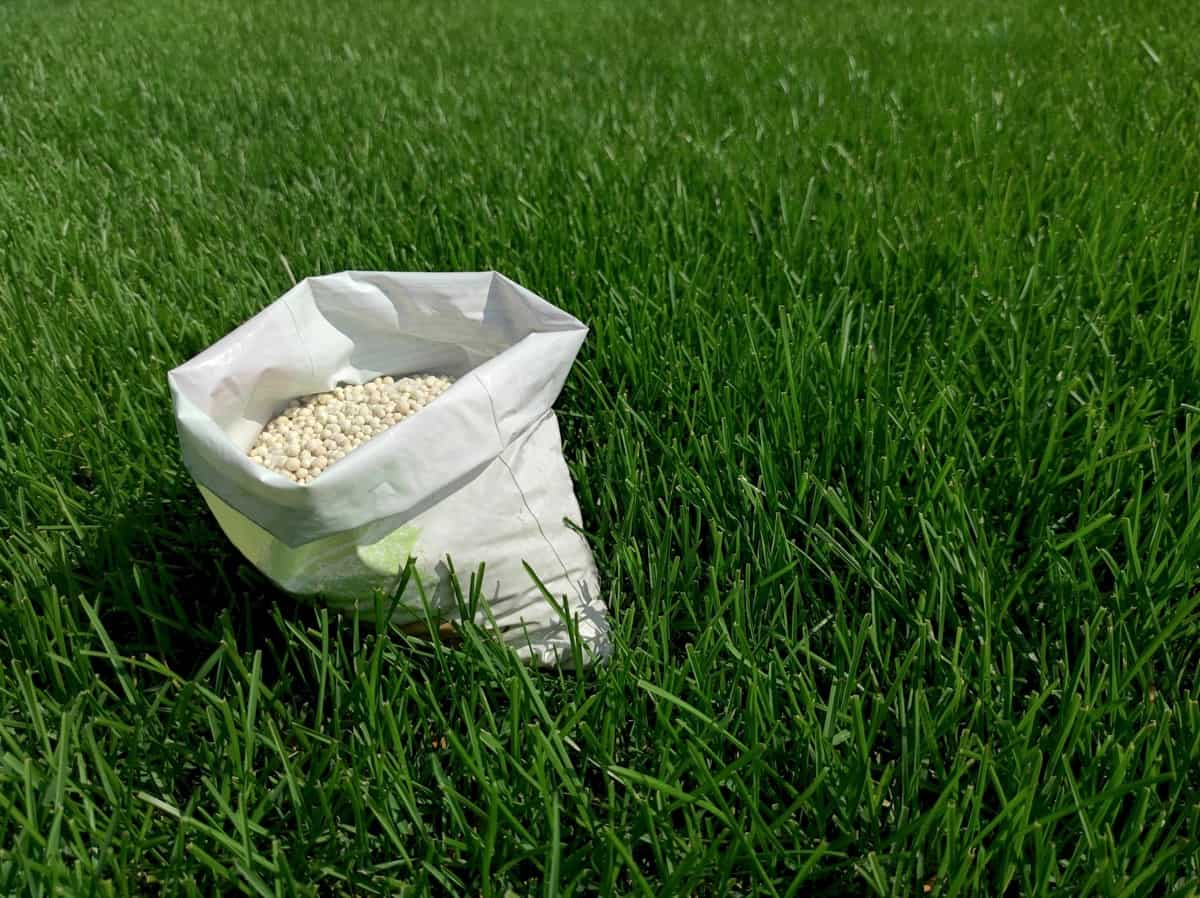
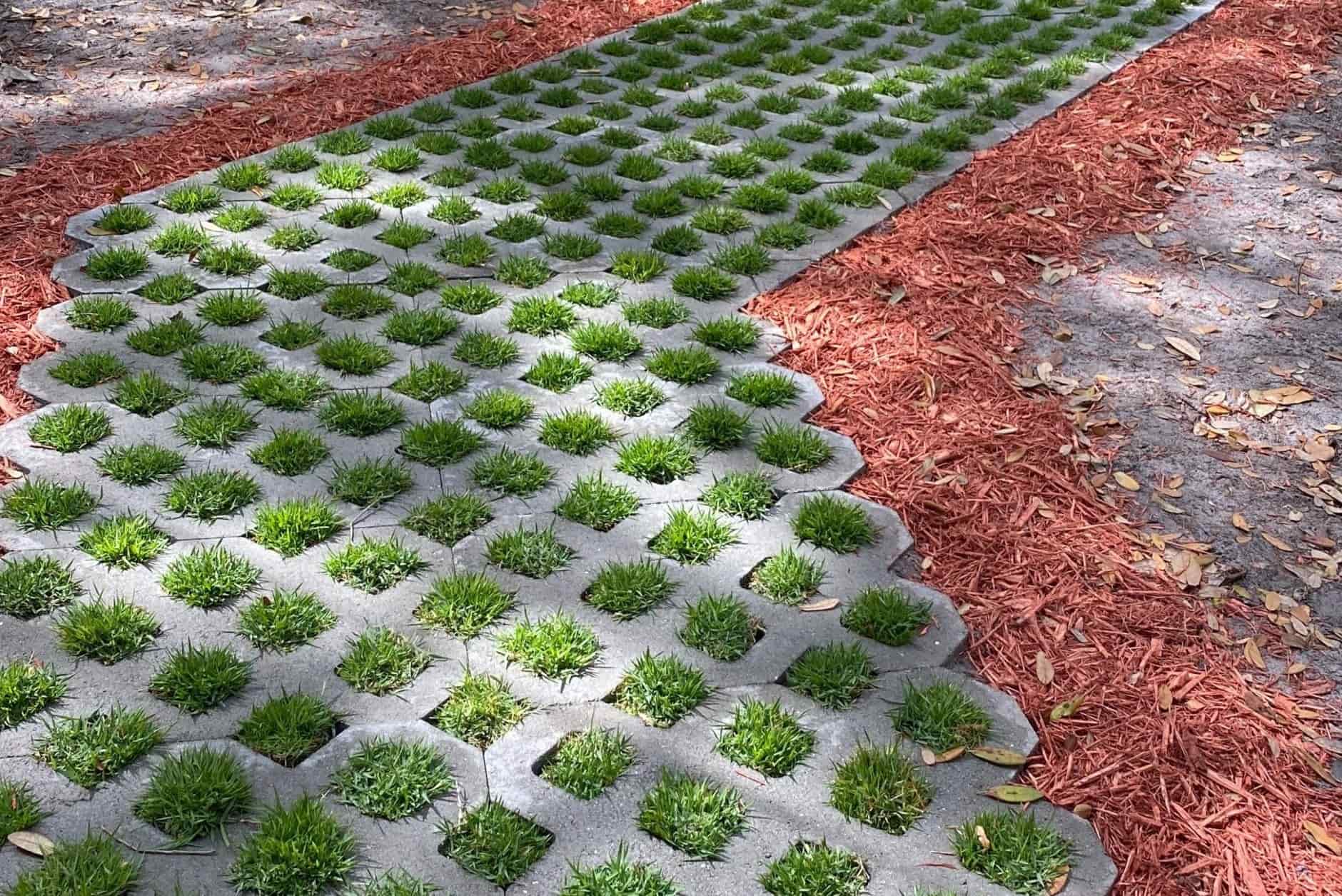
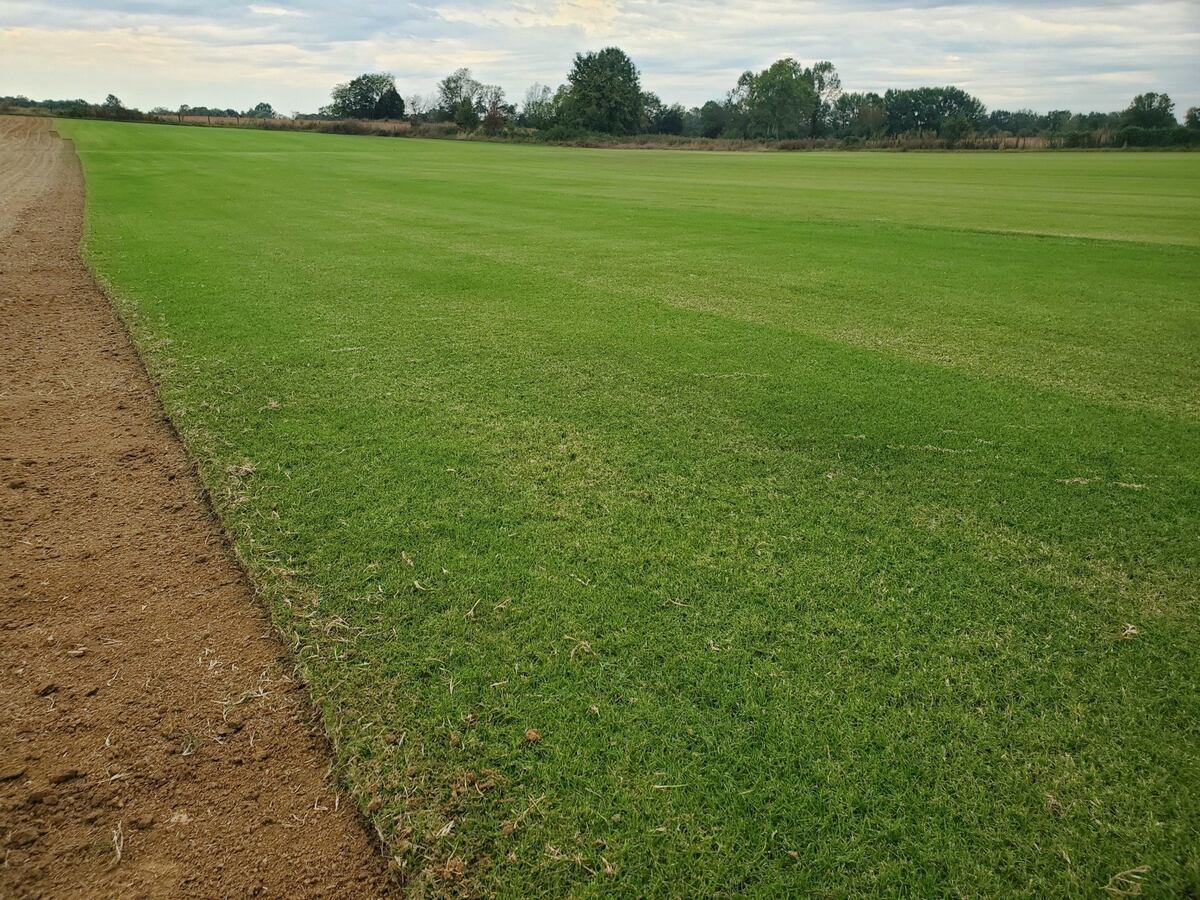
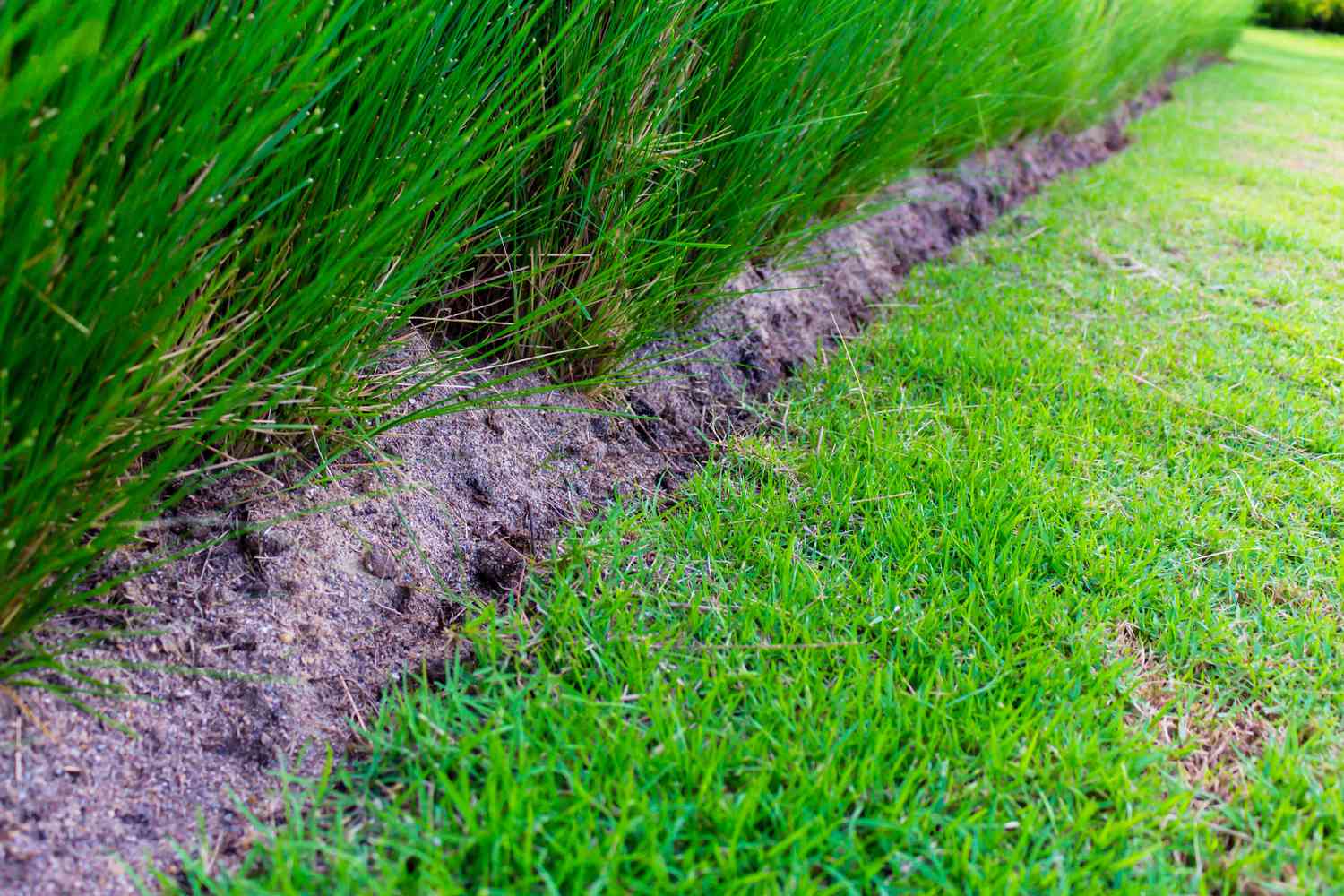
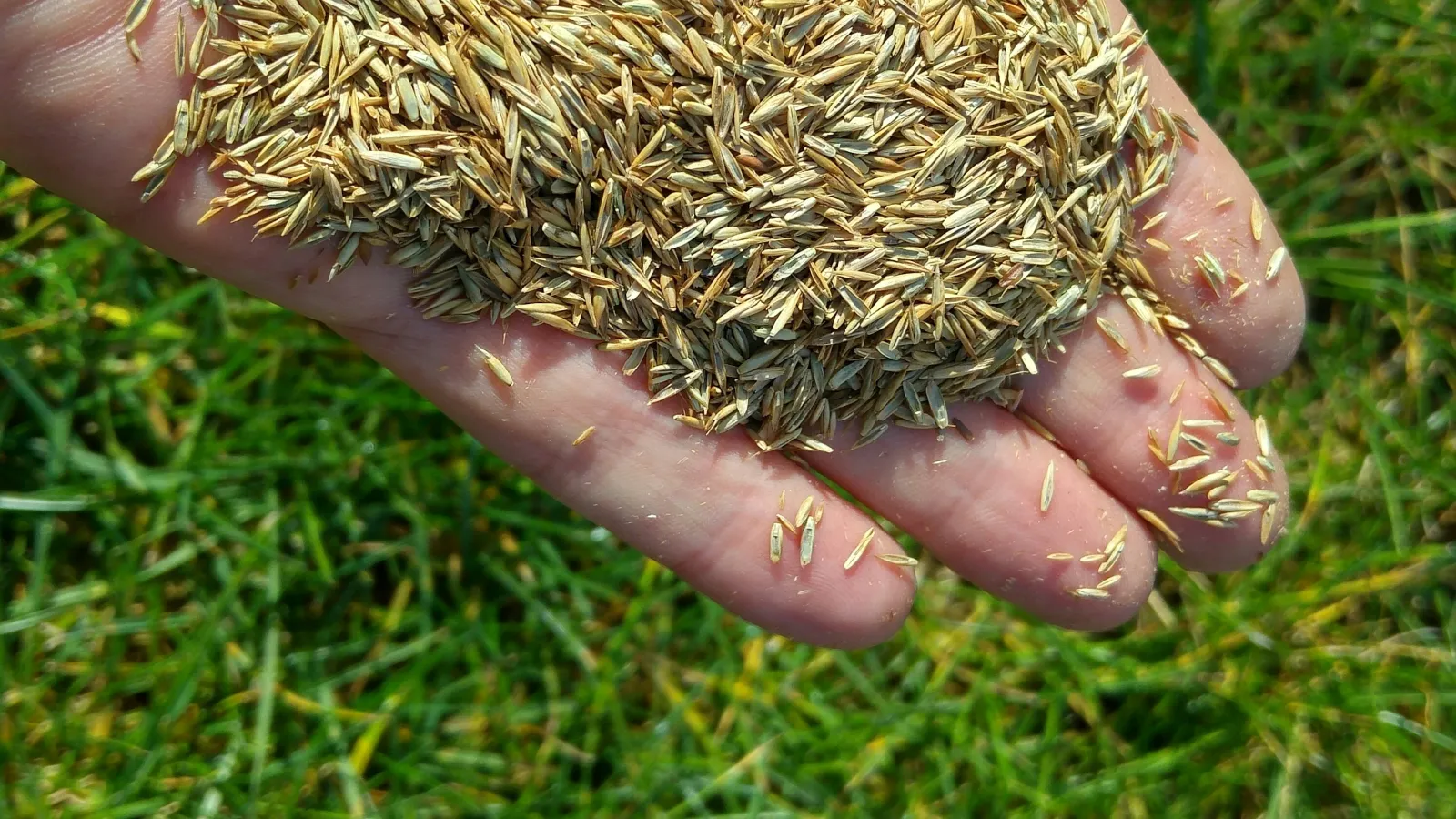
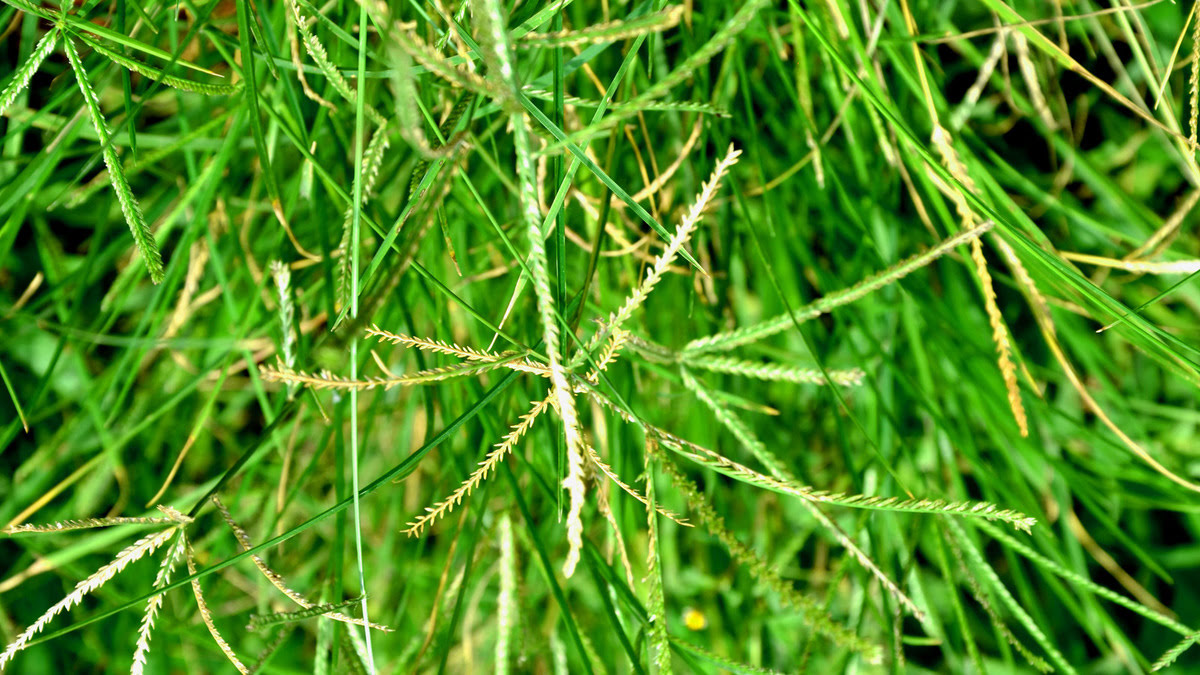

0 thoughts on “How Often To Fertilize Bermuda Grass”